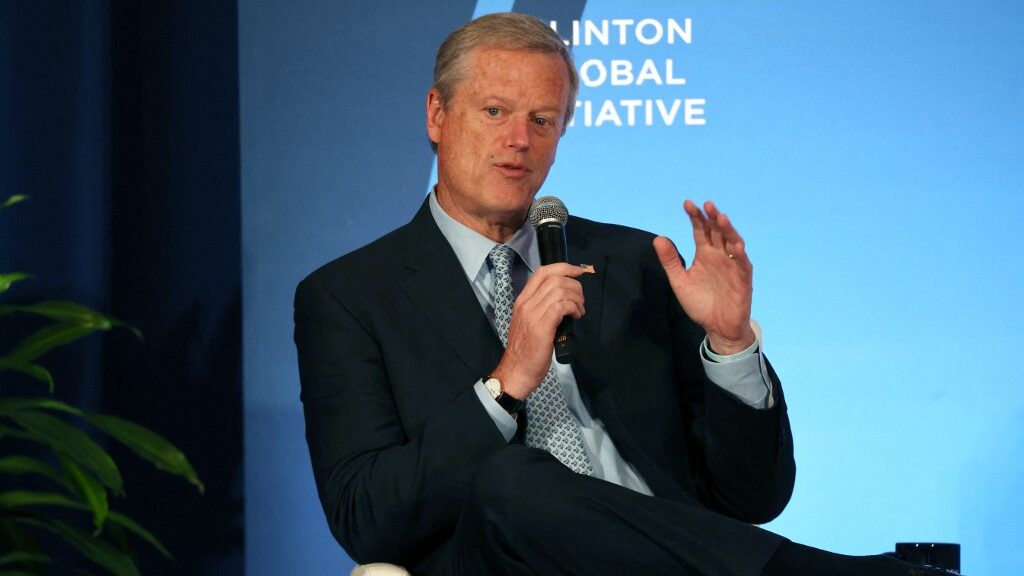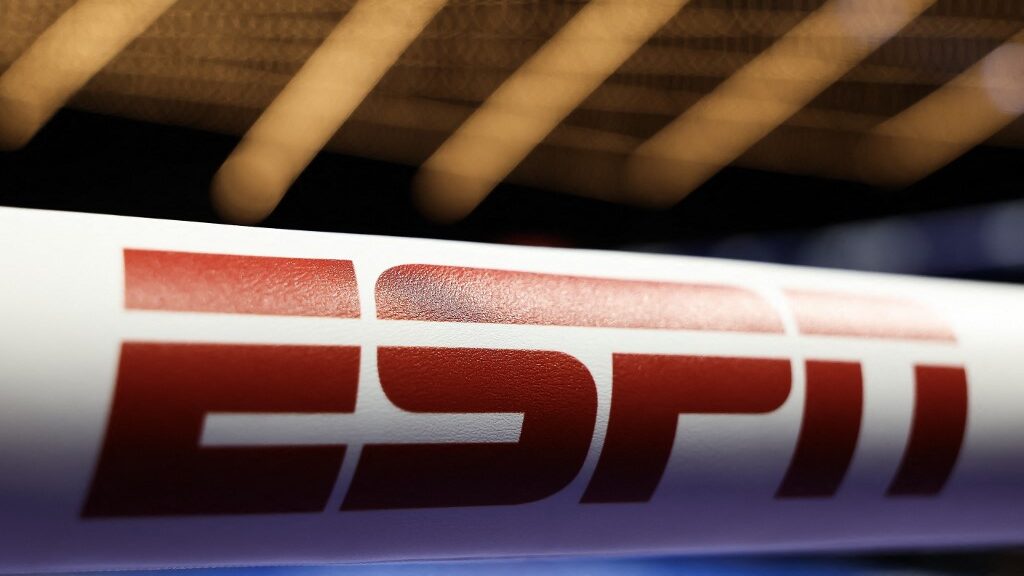
A study commissioned by the NCAA on abuse directed toward student-athletes showed that at least 12% of the public social media invective was propagated by “angry sports bettors.”.
Bad Form
A recent study by the Signify Group, on behalf of the NCAA, reports that at least 12% of the abuse suffered by college athletes emanates from disgruntled bettors. This does not account for abusive private messages, and the full report will not be due until next week.
According to the report, those “angry sports bettors” are defined as those who “engage in problematic and intrusive communications due to match events and results contradicting bettors’ predictions.” The study flagged 743 abusive or threatening messages referencing betting or match-fixing allegations, with 73% of them occurring during March Madness. The study also revealed female athletes received approximately 59% more abusive messages than their male counterparts.
One notable social media post directed at a high-profile men’s D-1 basketball player during March Madness said, “Yo no big deal but if you don’t get 22 points and 12 boards everyone you know and love will be dead.” Clint Hangebrauck, the NCAA’s managing director of enterprise risk, said, “It’s clear to us too … as the prevalence of sports betting went up, so did the prevalence of sports betting-related abuse.”
Baker Cries Foul on College Player Props
NCAA President Charlie Baker has been a vocal proponent of abolishing college player proposition wagers on virtually all mobile sports betting platforms. Instead of betting on the game’s results, the bettor will wager on a player’s performance, which can cause issues if the player does not perform up to those expectations. Disgruntled gamblers can be inclined to take their frustration out on the player through public social media or direct messages.
Baker has called on all states to ban college player props and has pleaded with state legislatures to prohibit top-rated sportsbooks from offering them. In March, Baker issued the following statement:
“Sports betting issues are on the rise across the country, with prop bets continuing to threaten the integrity and competition and leading to student-athletes and professional athletes getting harassed. The NCAA has been working with states to deal with these threats, and many are responding by banning college prop bets,” Baker said in a statement.
Baker’s Call for Change
It appears some states have heeded Baker’s plea, according to Massillon Myers, the NCAA’s Assistant Director of Communications. Legislators in New Mexico and West Virginia have even advanced bills to take legal action against those who harass college athletes, coaches and officials.
“Multiple states have moved to ban prop bets in the wake of the NCAA’s effort, including Ohio, where student-athletes, campus leaders, and the national office worked with gaming regulators to prohibit player-specific prop bets,” Myers said. “The NCAA is thrilled to see multiple states take action to remove these bets, and the Association will continue to work with every state that wants to learn more about how to protect student-athletes and officials from harassment.”
In 2023, the NCAA engaged Signify Group to use artificial intelligence and its proprietary technology to “support the Association in studying and responding to online abuse and threats directed at NCAA Championship participants, including student-athletes, coaches, officials, and committee members.”
“Engaging Signify to monitor NCAA championships reflects our resolute commitment to college athlete safety and well-being,” NCAA president Charlie Baker said last year. “This is a first-of-its-kind project in college sports focusing on online abuse and threats while arming social platforms and law enforcement to take action to protect thousands of student-athletes and all championship participants.















